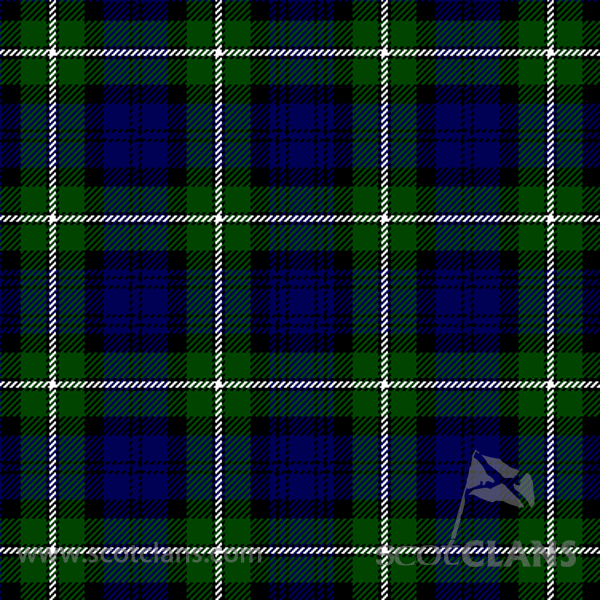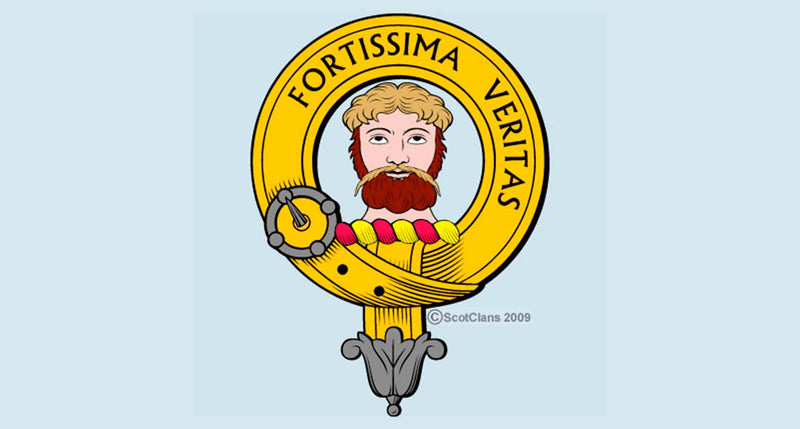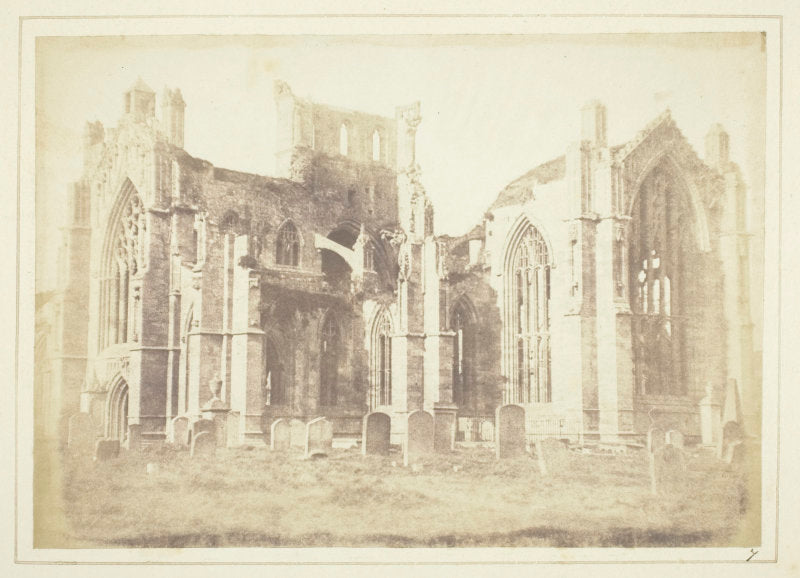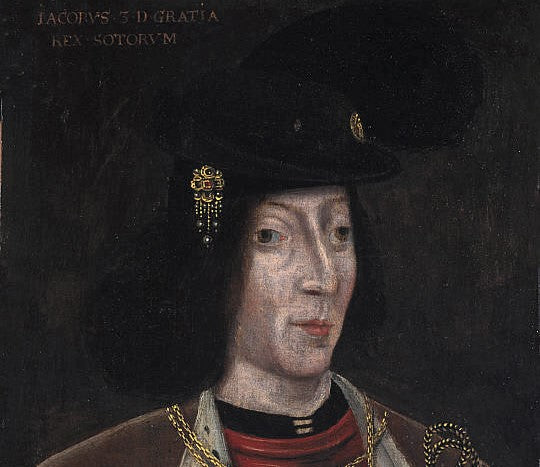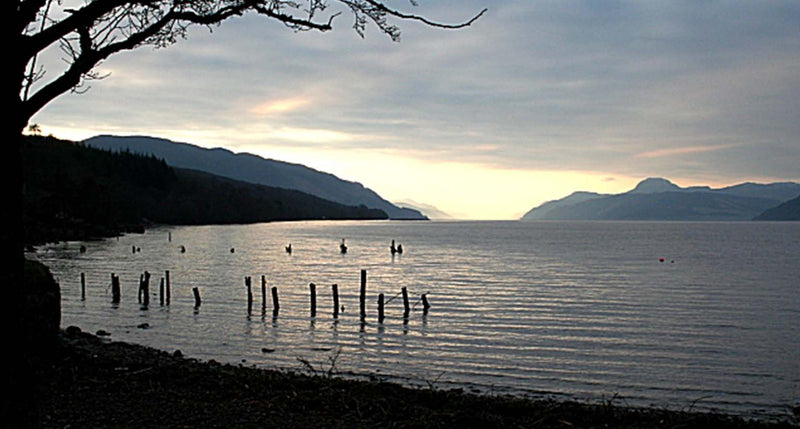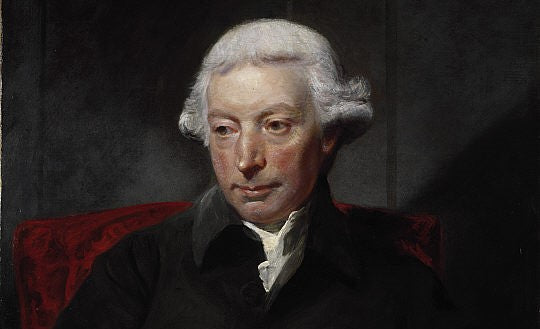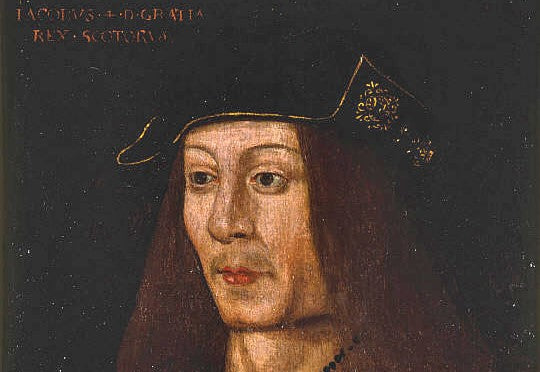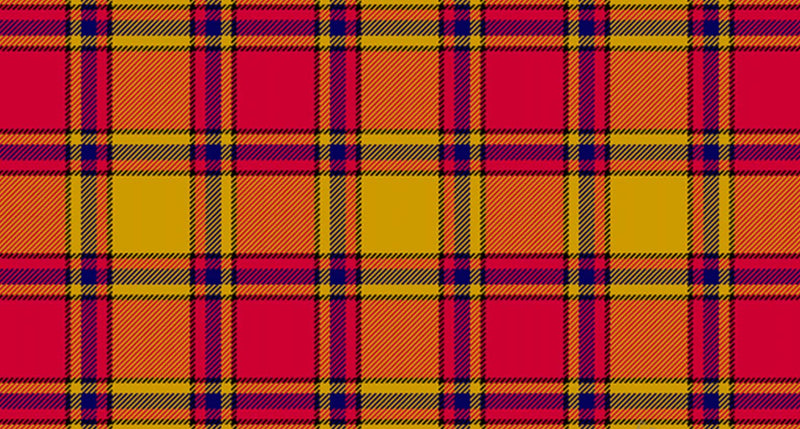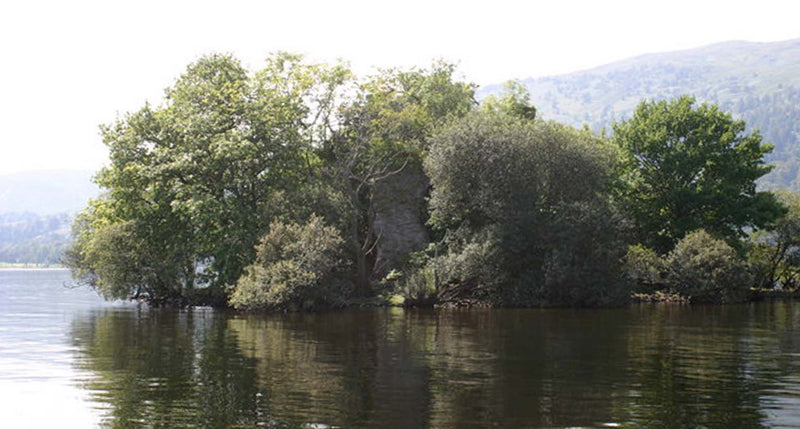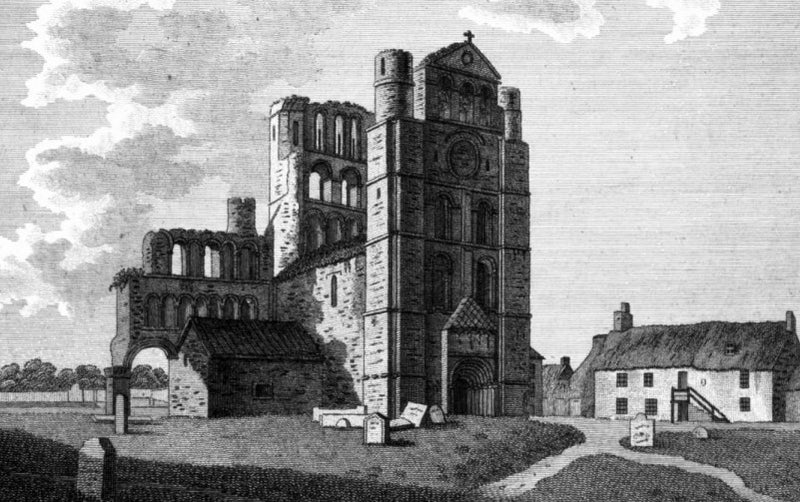There is no registered Bannerman tartan, so as a sept of Clan Forbes, Bannermans can choose to wear Forbes tartans. Forbes Ancient ————————————————– Forbes Modern
Kirkcaldy Clan Crest Crest Description: A man’s head with the face looking upwards, Proper Kirkcaldy Coats of Arms: A note on Coats of Arms: Under Scottish heraldic law a coat of arms is awarded to an individual (with the exception of civic or corporate arms) . There is no such thing as a ‘family coat […]
The name Adam was very popular in England in the 14th century, and was also found in Scotland at this time, although the first reference is to Adam, sub-prior of Melrose (photograph of Melrose Abbey, 1844, above) who became abbot of Cupar in 1196. Adam son of Adam was one of the witnesses to the […]
The first Cunningham is believed to have been a Flemish man named Wernibald, who took on the placename as his own when he received a grant of Kilmaurs in Cunningham, Ayrshire from Hugo de Morville, the Constable of Scotland, in 1140. Finlaystone House was the seat of the Cunninghams between 1399 and 1796. It’s now […]
There are several possible Gaelic origins for this name but the most likely is bheathain which means lively one. This could also have been renderd as Mac ic Bheatha which means MacBeth, a name which was very important in early Scottish history. When King Malcolm II of Scotland removed the MacBeth line from the Scottish […]
Clan Fergusson People Fergus Mor (d.501)Also known as Fergus mac Erc, meaning ‘Son of Erc’, Fergus was King of Dalriada and brought his people, the ‘Scoti’, across the Irish Sea from Antrim to settle in Kintyre, bringing the Gaelic language with them. His descendants would rule Scotland for almost eight hundred years. James Ferguson (1710-76)With […]
In 1492, John, 7th Thane of Cawdor, married the daughter of Kilravock, Isabel Rose. He died in 1494 while Isabel was pregnant. Kilravock decided that his new born grand-daughter should marry his own grandson, her first cousin, thereby keeping her inheritance in the Kilravock family. Cawdor Castle, near Nairn, was initially built in the 1400s […]
Scrymgeour Tartans: Scrymgeour
In the first centuries of Christian Scotland, the southern half of the country was separated into three individual kingdoms: Strathclyde (in which Glasgow now lies), Rheged, and Gododdin (in which Edinburgh now lies). The invasions by the Northumbrian English throughout the Dark Ages destroyed all social structure, including the Welsh language, which had been the […]
Chartres the Northern French city famous for its Gothic cathedral is claimed as the origin of this name. One of the sons of a Lord of Chartres was believed to have come over to England during the Norman conquests and it is believed that one of his descendants traveled north to Scotland with David I, […]

